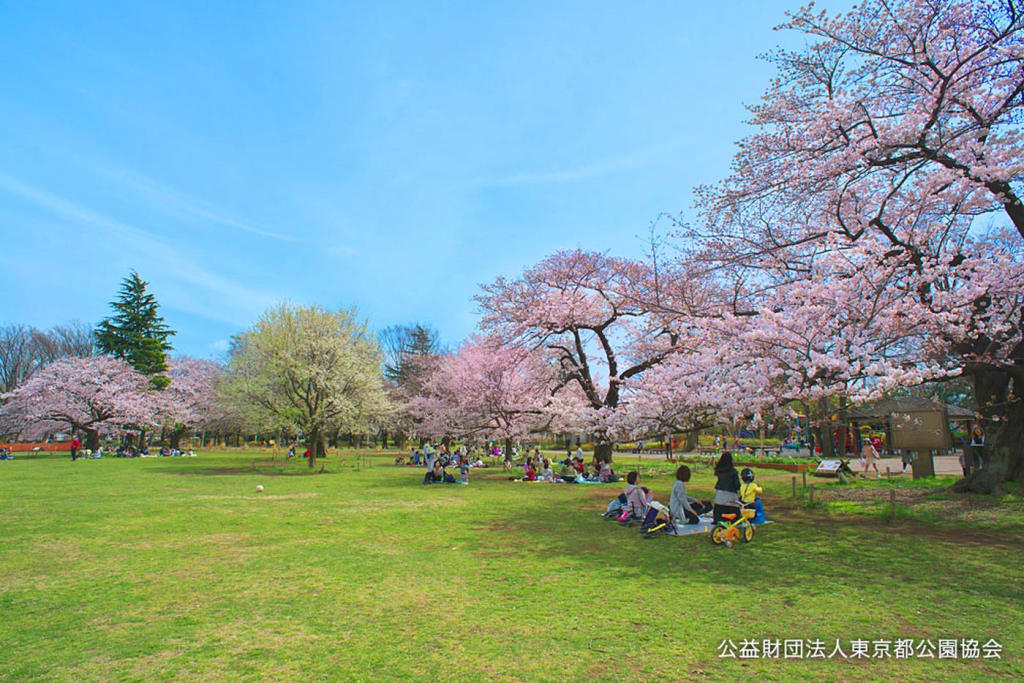The Japanese Worldview in "Mono no Aware"
Why it cannot be translated from its original language

“Mono no aware” is a Japanese term used to describe the transience of all things. “Mono” means “things” and “aware” is an expression of surprise, like the “ah” you blurt out. It roughly translates to “the ahh-ness of things.” “Mono no aware” captures a mix of contrasting feelings. It expresses both the beauty and sadness from knowing that something is transient. There is no other word that encapsulates the human experience as this word does.
I first encountered this word in Japanese classic literature class. My class read “The Tale of Genji,” one of the greatest works of Japanese literature. In one scene, the protagonist Prince Genji travels to a shrine to see his former lover. On the way, Genji sees the autumn flowers gone and hears the melancholy hum of the insects and wind. He rejoices in the beautiful memories they created together. But he is also heartbroken. He knows that the relationship will forever remain a memory. I was moved by the bittersweet depiction of Genji’s opposing feelings, the rejoicing at and grieving of a past relationship. If it was translated, one would be missing half the meaning. Both sentiments are crucial to accurately portray Genji’s feelings of both happiness and sorrow.
“Mono no aware” also cannot be translated because it expresses the Japanese worldview. The term is in deep alignment with Japanese Buddhism, which stresses the impermanence of life. It states that we should willingly let go of our attachments to impermanent things. Our love of cherry blossoms is one such example. Every April, my family laid our picnic blanket under cherry trees to engage in hanami, or “flower viewing.” These flowers fall from the tree only a week after full bloom. But this is exactly what the Japanese find beautiful: the transience of the flowers. The fact that thousands of families come to view the flowers shows how the Japanese enjoy the beauty of things that will inevitably end. Japanese poetry is another manifestation of “mono no aware.” I can remember watching Grandma create Japanese tanka poems. She explained to me that the poems preserved the beauty of a transitory moment--the passing of the seasons, the tinting of autumn leaves, or the plaintive cries of insects. These poems capture a mixture of feelings. It’s like when you’re joyful seeing the autumn leaves turn crimson, but you’re a little scared that summer is slipping out of your hands.
It’s interesting to me that there is no English term for this mixture of feelings. That says something about human psychology in different parts of the world. We are uncomfortable with the in-between. We have categorized our feelings: happiness, sadness, anger, and regret. But in reality, we cannot put feelings into boxes. It made me realize that perhaps we have forgotten the gray space between black and white thinking. During those times, “mono no aware” reminds us that we are human after all. It allows us to have a gray space to just exist, to be a messy ball of emotions.
The transition from high school to college is a moment of “mono no aware.” Forgotten pinky promises from kindergarten. Old Facebook chats coming to a stop in 2009. Dusty diaries filled with nervous scribbles before a first date. “Mono no aware” captures both my sadness and happiness at such moments. The gentle sadness of my childhood passing is also a signal of a new beginning. It’s my new home in college and the friends and professors who are awaiting me.






Comments
There are no comments for this story
Be the first to respond and start the conversation.